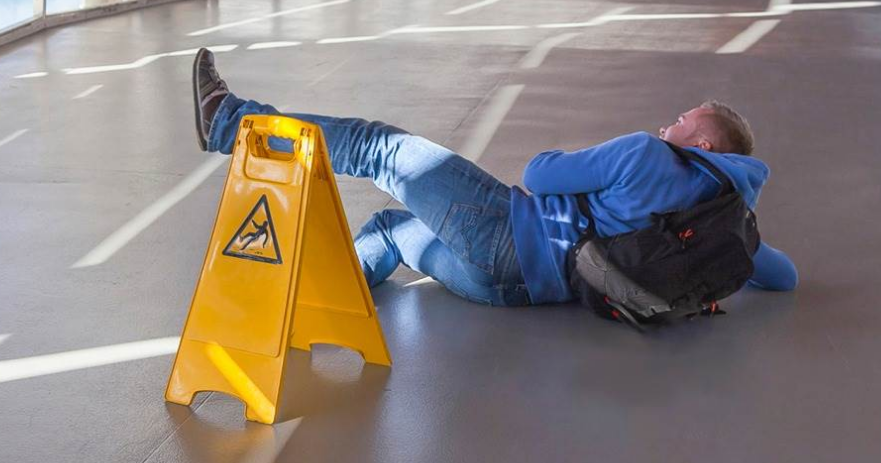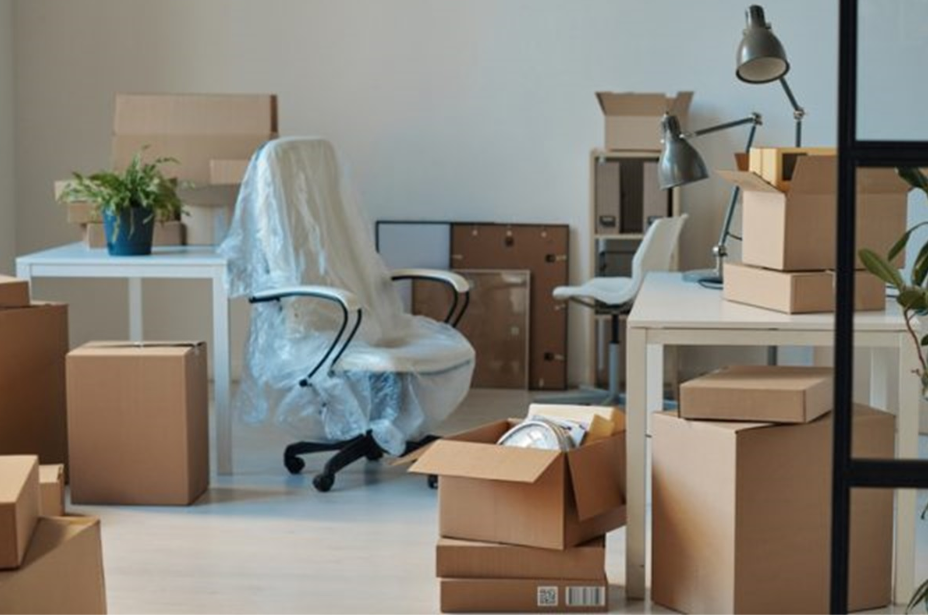Slip-and-fall accidents can cause far more damage than most people realize. A sudden fall can lead to severe, sometimes life-changing injuries, especially if it results in a head injury, spinal trauma, or broken bones.
If your accident occurred due to unsafe conditions on someone else’s property, you may be eligible to file a premises liability claim and seek compensation for your injuries. Taking the proper steps immediately after the incident—such as gathering evidence and documenting your injuries, can significantly strengthen your case. A Slip and Fall Injury Lawyer in Michigan can guide you through the legal process, help you prove negligence, and work to secure the compensation you deserve.
Can You File a Lawsuit for a Slip-and-Fall Accident?
In Michigan, property owners are legally responsible for maintaining reasonably safe conditions for visitors. This includes:
- Identifying and fixing hazards
- Clearly warning guests about potential dangers
- Blocking access to unsafe areas
If a property owner fails to meet this duty and an injury occurs, the injured person may have grounds for a legal claim. This applies to both residential and commercial property owners.
What You Need to Prove in a Slip-and-Fall Case
Simply falling on someone’s property doesn’t automatically make the owner liable. To successfully pursue a claim, you’ll need to prove the following:
- The property owner owed you a duty of care
- They failed to uphold that duty
- You suffered an injury as a direct result
This duty of care generally applies to anyone lawfully on the premises, including customers, guests, and service workers. It does not extend to trespassers in most cases.
How Comparative Negligence Affects Compensation
Michigan follows the rule of comparative negligence. This means that if you were partly at fault for your injury, your compensation may be reduced proportionally.
For example, if you’re found to be 10% responsible for your fall—perhaps for being distracted or not wearing appropriate footwear—your compensation could be reduced by 10%. However, as long as you’re less than 51% at fault, you can still recover damages.
An attorney can help reduce your share of fault by showing that the property owner’s negligence played the primary role in the accident.
Key Steps to Take After a Slip, Trip, or Fall
To support a strong legal claim, it’s essential to act quickly and preserve evidence. Here’s what to do immediately after a slip-and-fall accident:
1. Seek Medical Attention Immediately
Even if you think your injuries are minor, see a healthcare provider right away. Medical records are essential for proving that the accident caused your injuries. Delaying treatment may give the property owner’s insurance team a reason to question your claim.
2. Report the Accident to the Property Owner
Once you’ve been treated, notify the property owner, manager, or supervisor about what happened. Provide only basic facts—such as the date, time, location, and type of hazard involved.
Avoid giving detailed statements or admitting fault. What you say could later be used against you.
3. Document the Accident Scene
Take clear photos or videos of:
- The hazardous condition (e.g., wet floor, broken stair)
- The surrounding environment
- Your injuries and clothing
- Any posted warning signs (or lack thereof)
Conditions can change quickly. The hazard might be cleaned up or removed soon after the accident, so it’s essential to capture the scene as it was when you fell.
If you are unable to document the scene yourself, ask someone to do it for you or consult a lawyer who may obtain security footage or locate witnesses.
4. Keep Track of All Accident-Related Expenses
To receive fair compensation, you’ll need to show how the injury affected you financially. Track and save receipts or documentation for:
- Emergency room or hospital bills
- Follow-up medical treatment
- Prescription medications
- Lost income from time off work
- Home or vehicle modifications required due to injury
- Paid caregivers or household help
A personal injury lawyer can help calculate these losses and substantiate them with supporting documents, such as medical records, pay stubs, or employment verification.
5. Consult a Slip-and-Fall Attorney
Proving negligence in a slip-and-fall claim can be complicated. A personal injury attorney can:
- Help gather evidence and witness statements
- Handle communication with insurance companies
- File legal documents and meet critical deadlines
- Advocate for compensation for both economic and non-economic damages, including pain and suffering
Legal support is invaluable in cases involving long-term injuries, liability disputes, or when the property owner denies fault.
Slip-and-fall accidents can have a profound impact on your health, mobility, and financial stability. If your injury was caused by hazardous conditions on someone else’s property, you may be entitled to compensation through a premises liability claim. However, your ability to recover damages often depends on the actions you take immediately after the incident. Seeking prompt medical attention, reporting the accident, documenting the hazardous conditions, tracking all related expenses, and speaking with a Slip and Fall Injury Lawyer in Michigan can make a critical difference. An experienced attorney can help you build a strong case, prove negligence, and pursue the full compensation you deserve.
Meta Title: Essential Steps to Take After a Slip-and-Fall Accident
Meta Description: Injured in a slip-and-fall accident? Discover the essential steps to protect your health, document evidence, and strengthen your personal injury claim.
URL Slug: slip-and-fall-steps






